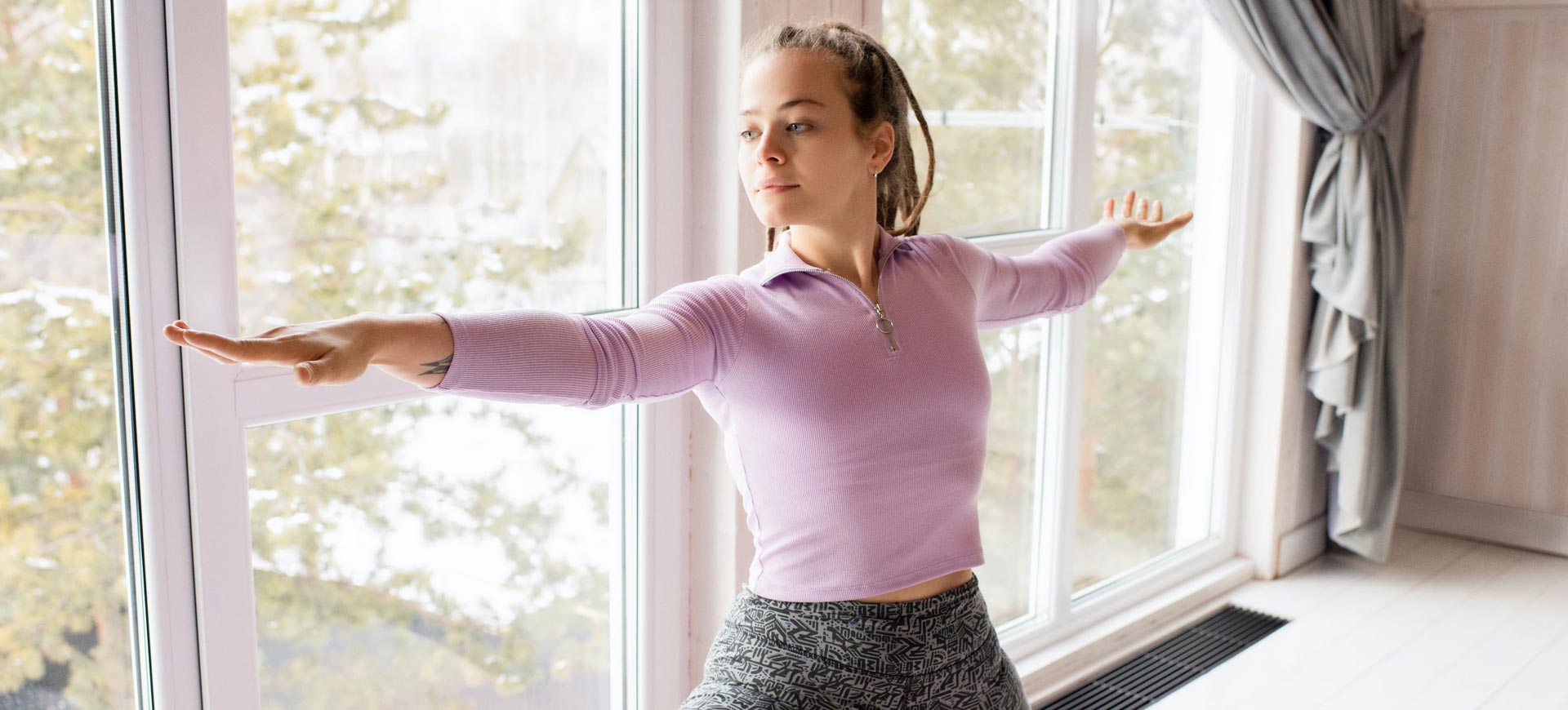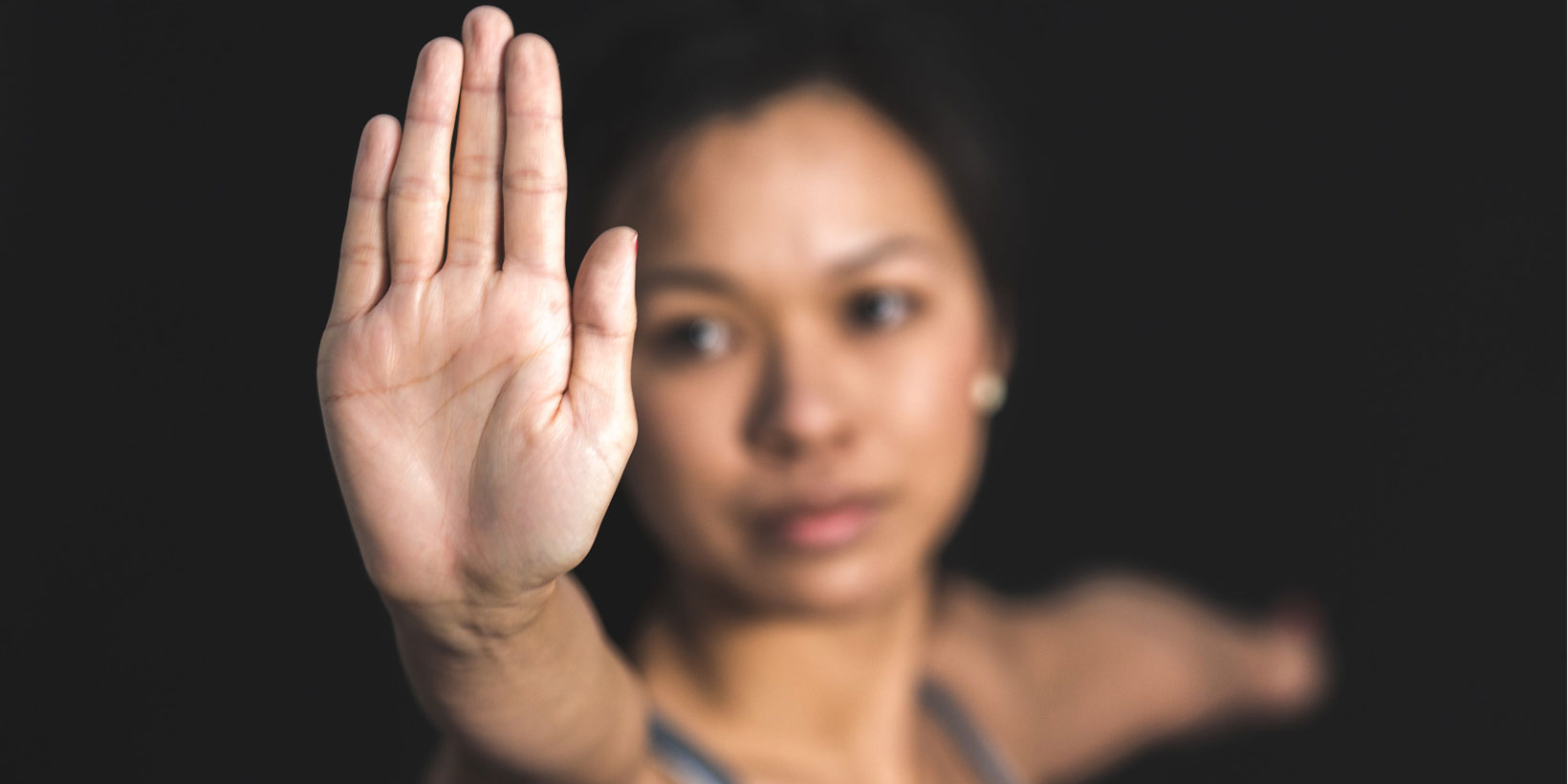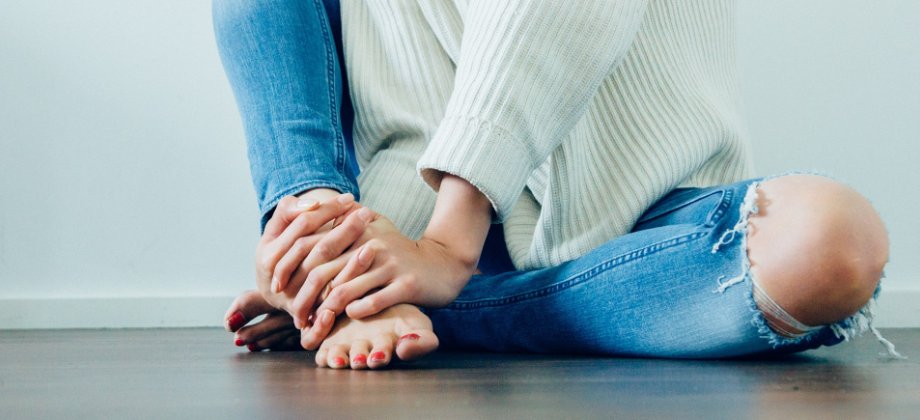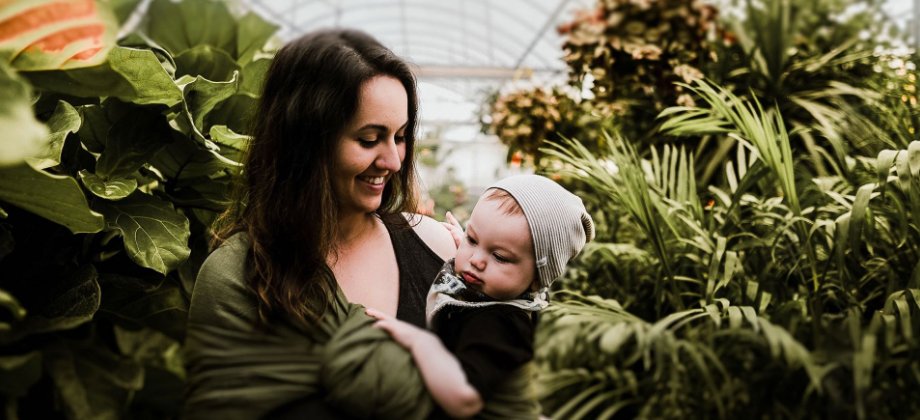
Self-acceptance for Yoga Teachers During Covid-19
A lot of the discussions in yoga teacher communities over the last few months have been student-focused. How can we best help people through this time? How can we adapt our teaching formats to provide valuable support? How can we talk about the global pandemic, and the challenges associated with it, in a way that doesn’t overwhelm the yogis we work with?
I’d like to take this opportunity to say it IS absolutely OK if you’re having a hard time. You’re not failing — you’re human.
It’s heartening to see the way that yoga teachers have risen to the times. But it’s also important to make space for yoga teachers themselves — for YOU — to accept that it’s OK if you’re not finding all of this very easy.
Uncertainty, and pressure to be perfect
We’re teaching. We’re working harder than ever to offer classes, courses, workshops and even retreats online. As a collective, yoga teachers are doing their best to help.
And at the same time, yoga studios are closing down all over the place. A class that once hosted 20 yogis can now only host 8 (don’t quote me on that — it’s a rough estimate). Teachers are losing their jobs, and many are having to seek out alternative income streams. Being forced to retrain so that they can apply for other kinds of work. Shifting from teaching busy group classes to mainly one-to-ones, which demand a whole lot of extra marketing. Having to look to the future of their teaching practice with the knowledge that nothing is certain.
This uncertainty isn’t unique to our profession; people from all walks of life, and especially creative industries, are facing long-term challenges. But many yoga teachers feel an extra pressure to be outwardly calm; to appear unflustered, even when their livelihoods are being turned upside down.
Because how can you support and reassure others, and give them the relaxation and stress-relief they so badly need, if you’re just as stressed out yourself?

Your mental health matters
Your students matter. And so do you.
I’d like to take this opportunity to say it IS absolutely OK if you’re having a hard time. You’re not failing — you’re human.
Yes, you’re in a position to offer comfort and a kind of stability to the people you teach. But that doesn’t mean you have to be perfect. It doesn’t mean you always have to be the one to find the silver lining if that’s not really how you’re feeling, and if you need to ask for support too, do it.
The people who come to your classes aren’t your support system. But you can — if you want to — be real with them. I don’t know about you, but the teachers I’ve connected with most over my years of yoga practice have always been the ones who own their own realities, and admit when they’re not having the best day. They weave it into their teaching; use it to heighten their empathy for the other people in the room; and it makes the practice a more human experience.
No one is unaffected by the events of this year. If putting on a brave face every day is affecting your mental health, and stopping you from acknowledging how you’re really doing, then take that face off. At least now and then.
Self-acceptance isn’t easy — but it’s crucial
It’s part of our practice, isn’t it? To accept. To be here, where we are, as we are.
That doesn’t make it easy. It’s something most of us will have to work at for the rest of our lives, and our ability to accept ourselves as we are will ebb and flow. No one is good at it all of the time. It’s not easy; but it’s crucial to keep working on it.
And although self-acceptance itself isn’t easy, the process of working on it can be pretty simple.
Try any or all of these reminders:
- Tell someone you’re finding things hard — to remind yourself that you’re allowed to ask for the support you need
- Talk to other yoga teachers about the practical stuff, like how to reimagine your teaching practice post-pandemic — to remind yourself you’re not alone, and you can lean on, share with, and learn from others around you
- Place the palms of your hands on your chest, close your eyes, and tell yourself you’re OK with feeling overwhelmed — to remind yourself you’re worthy of the space to feel your emotions
- Go to a yoga class, taught by someone else, online or in person — to remind yourself you’re a practitioner as well as a teacher; practising, not perfect
And although self-acceptance itself isn’t easy, the process of working on it can be pretty simple.
Yoga teachers and businesses aren’t having an easy year. Putting your students first will help them through this time, and might even help your business forge its new path too. Nonetheless, your business will be nothing if you work yourself into the ground, without taking the time to adjust — within yourself — to the ‘new normal’ everyone’s talking about.
None of us know what to expect from the months to come. Let’s just look out for each other.






